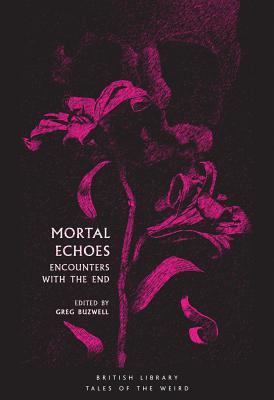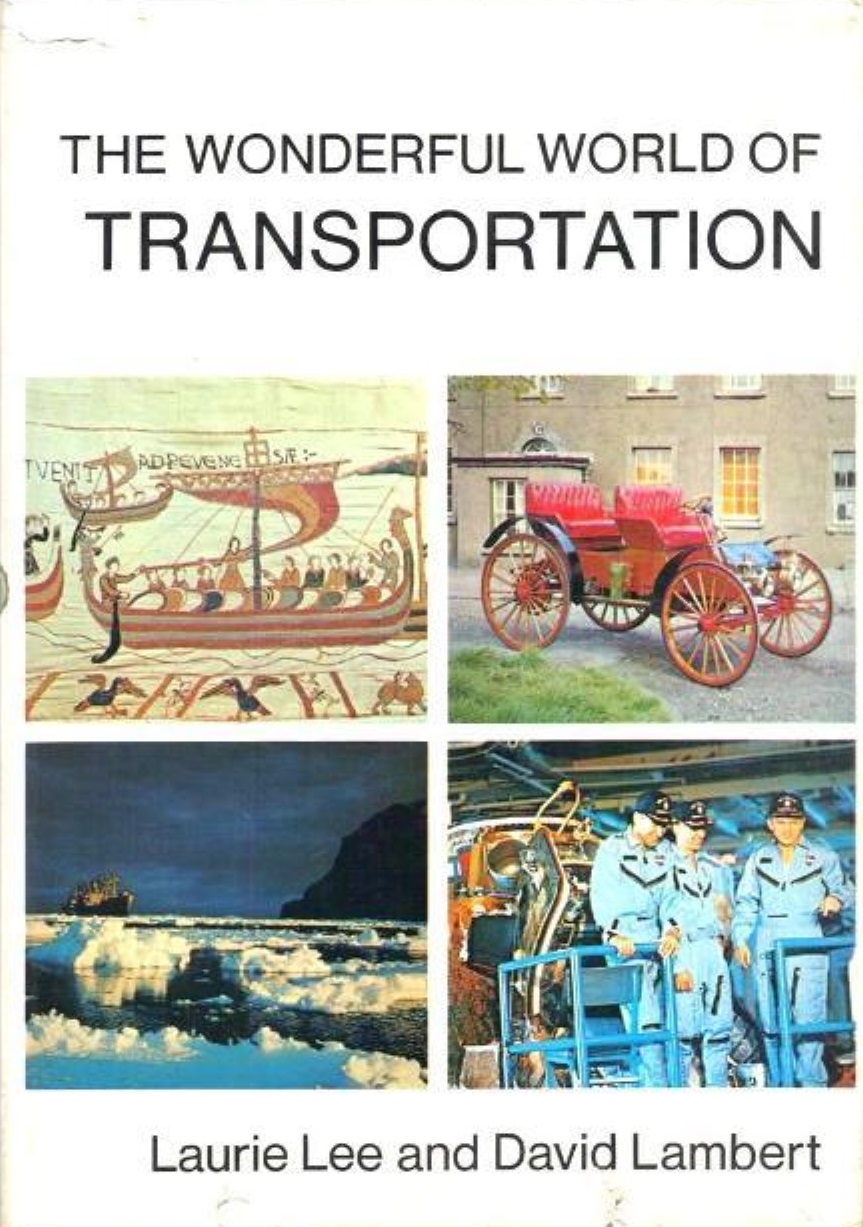
John Boynton Priestley, the son of a schoolmaster, was born in Bradford in September 1894, and after schooling he worked for a time in the local wool trade. Following the outbreak of the Great War in 1914, Priestley joined the British Army, and was sent to France—in 1915 taking part in the Battle of Loos. After being wounded in 1917 Priestley returned to England for six months; then, after going back to the Western Front he suffered the consequences of a German gas attack, and, treated at Rouen, he was declared unfit for active service and was transferred to the Entertainers Section of the British Army. When Priestley left the army he studied at Cambridge University, where he completed a degree in Modern History and Political Science. Subsequently he found work as theatre reviewer with the Daily News, and also contributed to the Spectator, the Challenge and Nineteenth Century. His earliest books included The English Comic Characters (1925), The English Novel (1927), and English Humour (1928). His breakthrough came with the immensely popular novel The Good Companions, published in 1929, and Angel Pavement followed in 1930. He emerged, too, as a successful dramatist with such plays as Dangerous Corner (1932), Time and the Conways (1937), When We Are Married (1938) and An Inspector Calls (1947). The publication of English Journey in 1934 emphasised Priestley's concern for social problems and the welfare of ordinary people. During the Second World War Priestley became a popular and influential broadcaster with his famous Postscripts that followed the nine o'clock news BBC Radio on Sunday evenings. Starting on 5th June 1940, Priestley built up such a following that after a few months it was estimated that around 40 per cent of the adult population in Britain was listening to the programme. Some members of the Conservative Party, including Winston Churchill, expressed concern that Priestley might be expressing left-wing views on the programme, and, to his dismay, Priestley was dropped after his talk on 20th October 1940. After the war Priestley continued his writing, and his work invariably provoked thought, and his views were always expressed in his blunt Yorkshire style. His prolific output continued right up to his final years, and to the end he remained the great literary all-rounder. His favourite among his books was for many years the novel Bright Day, though he later said he had come to prefer The Image Men. It should not be overlooked that Priestley was an outstanding essayist, and many of his short pieces best capture his passions and his great talent and his mastery of the English language. He set a fine example for any would-be author.
Series
Books

Lost Empires
1965

An Inspector Calls and Other Plays
1947

English Journey
1934

The Good Companions
1929

Eden End
1934

When We Are Married
1938

Summer Day's Dream
1949

The Other Place, and Other Stories of the Same Sort
1953

The Rose and Crown
1947

An Inspector Calls
The Graphic Novel
2011

Postscripts
1940

The Doomsday Men
1938

Spirits of the Season
Christmas Hauntings
2019

Victoria's Heyday
1972

Jenny Villiers
1947

Salt is Leaving
1966

The Grey Ones
2023

Benighted
1927

Dangerous Corner
1932
Wonder Hero
1933

Black-out in Gretley
1942

Time And The Conways
1937

Found, Lost, Found
1976

Man and Time
1964

The Edwardians,
1970

Bright Day
1946

The Shapes of Sleep
1962

Delight
1949

Margin Released
1962

Angel Pavement
1930

Laburnum Grove
1935

Literature and Western Man
1960

The Thirty-first of June
1961

The Prince of Pleasure and His Regency 1811--20
1969

An Inspector Calls
1945

Three Time Plays
1946

The Magicians
1954

The Wonderful World of the Theatre
1959

Festival at Farbridge
1951

Low Notes On A High Level
1954

The Linden Tree
1947

I Have Been Here Before
1939

Saturn Over the Water
1961

Mother's Day
A Play
1953

Charles Dickens and His World
1961

Snoggle
1971

Johnson over Jordan
1939




